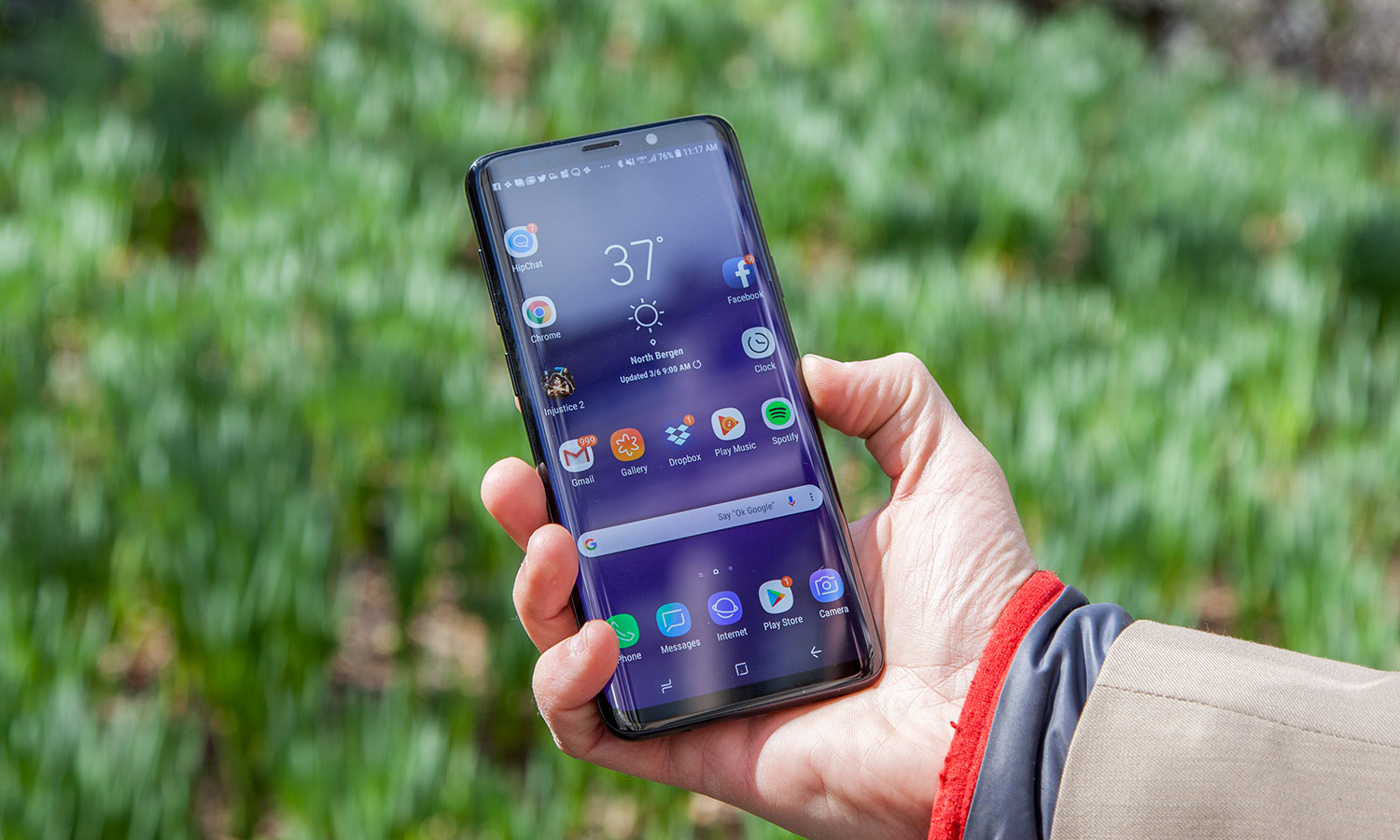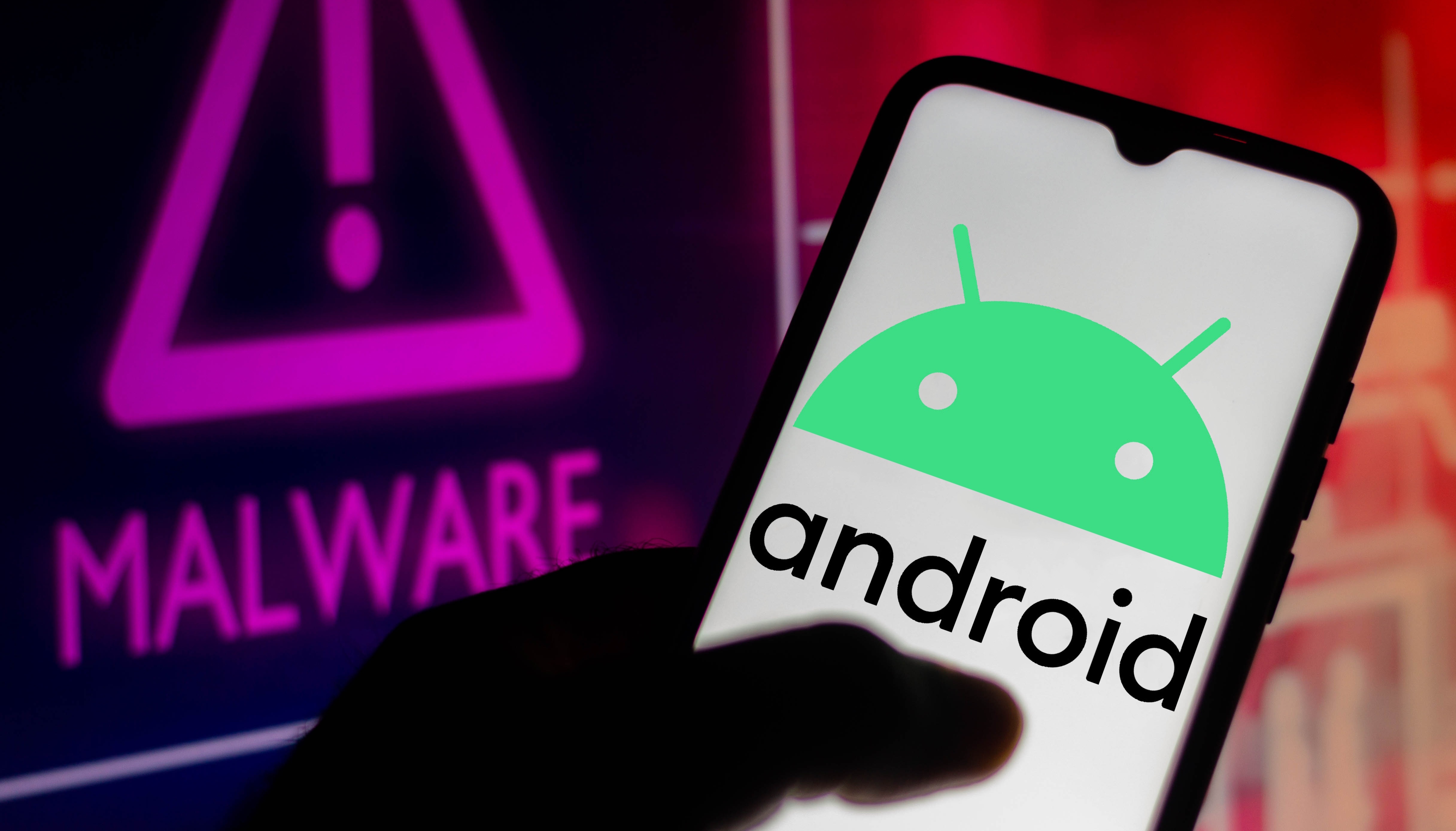Prepaid vs. Postpaid phone service: What's better for you?
While the line between prepaid and postpaid phone service is blurring, some differences remain. Here's what you need to know.

Wireless carriers bandy about terms like "prepaid" and "postpaid" when talking about their services. So do a lot of people who cover wireless carrier plans, including yours truly.
Reader Ted Cohen dropped me a line to politely ask if we could cut through the jargon:
"Put me down as still confused. Or thick. Or both. To wit: I still fail to understand the benefit of contract vs. prepaid or vice versa."
The line between postpaid and prepaid service has gotten blurrier as carriers have done away with mandatory contracts, subsidized phones and extra charges for going over your monthly data allotment (if you even have one, now that carriers are pushing unlimited data plans). But there are still some differences between the two types of service — not to mention advantages and disadvantages that you should consider when looking at what kind of plan to get.
Prepaid vs. postpaid: The big differences
For starters, prepaid plans charge you a set amount at the beginning of each month for a specific amount of talk, text and data. Postpaid bills arrive at the end, reflecting your data usage.
MORE: A Guide to No Contract and Prepaid Phone Plans
The other big difference between prepaid and postpaid is how you buy your phone from a carrier. "The major carriers have device payment plans to finance your cell phone purchase, whereas if you purchase your device from a prepaid carrier, you will need to pay upfront for your device," said Christine Gallup, associate editor at cellphone comparison site WhistleOut.
Phone selection: Prepaid is getting better
Phone selection remains a differentiator, too, though not as much as it used to be. Postpaid customers at the major carriers can always expect to see the leading flagship available at their wireless provider. Increasingly, though, those same models are available from prepaid providers, too. The Galaxy S9, for example, is on sale at Boost, Cricket and MetroPCS (though there's no option to buy in monthly installments).
Get instant access to breaking news, the hottest reviews, great deals and helpful tips.

Gallup also points out that prepaid carriers also tend to offer better deals on older phones, which can be appealing if you don't need the latest and greatest models. Take the Galaxy S8, which costs $349 and $449 at Cricket and Boost, respectively, thanks to current promotions. That same model costs between $600 and $696 for postpaid customers at the Big Four carriers.
Comparing the plans (and perks)
You'll also find a wider array of options for monthly plans at prepaid carriers, which offer a range of plans that contain just a little bit of data (1GB or less, in some cases) all the way up to unlimited data. These days, postpaid plans focus almost exclusively on unlimited data, though you can still find a few tiered options at Verizon, Sprint and AT&T. Still, if you use less than 5GB of data each month, you can save on expensive postpaid unlimited plans by turning to a prepaid service. (And if you go over your data allotment, your speeds are simply throttled until the end of your monthly billing cycle — there's no overage charge.)
Gallup particularly likes the more creative options prepaid carriers offer, whether it's Mint SIM's buy-in bulk offer, where you prepay for up to a year in advance at a discounted rate, or a program at The People's Operator, where a portion of your bill is directed toward charity.
MORE: How to Reduce Data Usage on Your Smartphone
That said, postpaid plans typically offer more perks than their prepaid counterparts. Opt for one of AT&T's postpaid unlimited data plans, and you get free HBO streaming and unlimited texting to 120 countries — something not available to AT&T prepaid customers. Similarly, Verizon's prepaid plans limit video streaming to 480p resolution, while its postpaid 5GB plan does not. (Of course, that 5GB plan costs $55 a month, while Verizon prepaid customers can get a 7GB plan for $50.)
Some prepaid carriers caution that their parent networks prioritize their own customers over prepaid services when networks are congested. But in our experience testing network speeds, prepaid subsidiaries performed as well as their parent networks. In our latest testing, for example, MetroPCS matched T-Mobile's speed, while Boost and Virgin generally performed as well as Sprint. So you're unlikely to take a performance hit from going prepaid.
Our top picks
Which prepaid services should you consider? We think MetroPCS has the best plan for individuals, with its $40-a-month 5GB plan offering plenty of data for that price. If you don't use a lot of data, Republic Wireless and its $5-per-gigabyte pricing on top of $15 for unlimited talk and text means you can get 2GB of data for $25 a month. We also like the flexibility of Project Fi (provided you're using a phone by Google's wireless service): It charges $10 per gigabyte but credits you for any data you don't use while capping monthly bills at $80 even when you use more data.
If you'd prefer to stick to the prepaid options at the Big Four carriers, AT&T offers the best value with its 6GB plan for $40 a month. (That's after an autopay discount.) If you're looking for data plans that cover more than one person, T-Mobile offers prepaid customers two lines with 10GB of data each for $80 a month.
To get an answer to your burning tech questions, head to the Tom's Guide Forums for the latest tips from our resident experts and fellow members. You can also comment on this article or email us directly at helpme@tomsguide.com.
Credit: Tom's Guide
Philip Michaels is a Managing Editor at Tom's Guide. He's been covering personal technology since 1999 and was in the building when Steve Jobs showed off the iPhone for the first time. He's been evaluating smartphones since that first iPhone debuted in 2007, and he's been following phone carriers and smartphone plans since 2015. He has strong opinions about Apple, the Oakland Athletics, old movies and proper butchery techniques. Follow him at @PhilipMichaels.
-
sanson97 Thanks for the good article. I think ATT's prepaid plans are getting better (more competitive).Reply
We just bought 2 iPhone 6 for $244 including $45 prepaid card for first month, that's an iPhone 6 for $199. The selected plan on each was 6GB for $45, but with auto pay we got $5 off each line, and with multiline feature got $10 more discount on both lines. After all those adjustments we ended up with $5 credit to be applied for next month, and the total monthly will be $70 a month.
We had T-Mobile for many years, but now that they acquired more customers they are getting more expensive, so we cancelled the lines to go to ATT. IMHO T-Mobile is not the bargain company it used to be.

